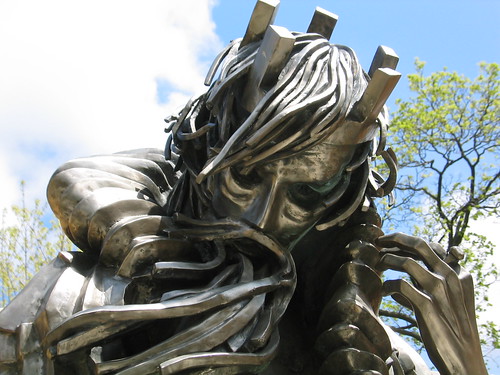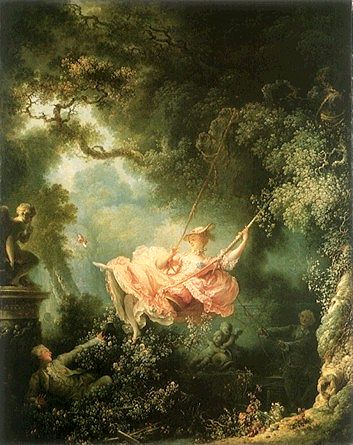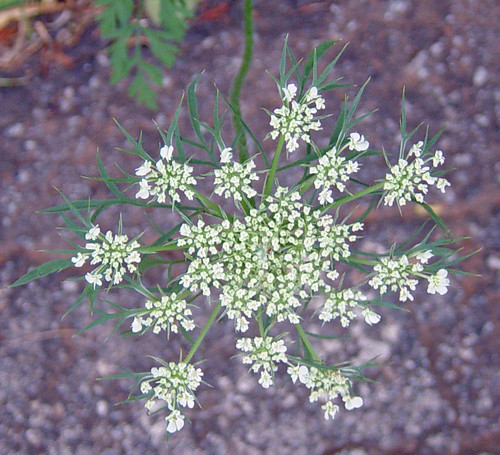And yet instead of just reading more poems--experiencing more poems--I kept on explaining, explaining, explaining.
"Show don't tell" is the most common advice for poets and storytellers. Though teachers often have to show and tell (or explain), I should shut up, get out of the way, and show more often.
Here's a poem by Whitman that's about seeing-what-is-shown after hearing-what-is-said. Direct experience: that's the thing. [The lines that begin with ">" should be read as part of the preceding line. Uncle Walt loves the long line. WCW prefers the short one. This significantly affects the experience of reading the poems.]
| When I Heard the Learn'd Astronomer by Walt Whitman |
| When I heard the learn'd astronomer; When the proofs, the figures, were ranged in >columns before me; When I was shown the charts, the diagrams, to >add, divide, and measure them; When I sitting heard the astronomer where he >lectured with much applause in the >lecture room, How soon unaccountable I became tired and sick; Till rising and gliding out I wander'd off by >myself, In the mystical moist night-air, and from time to >time, Look'd up in perfect silence at the stars. |








No comments:
Post a Comment